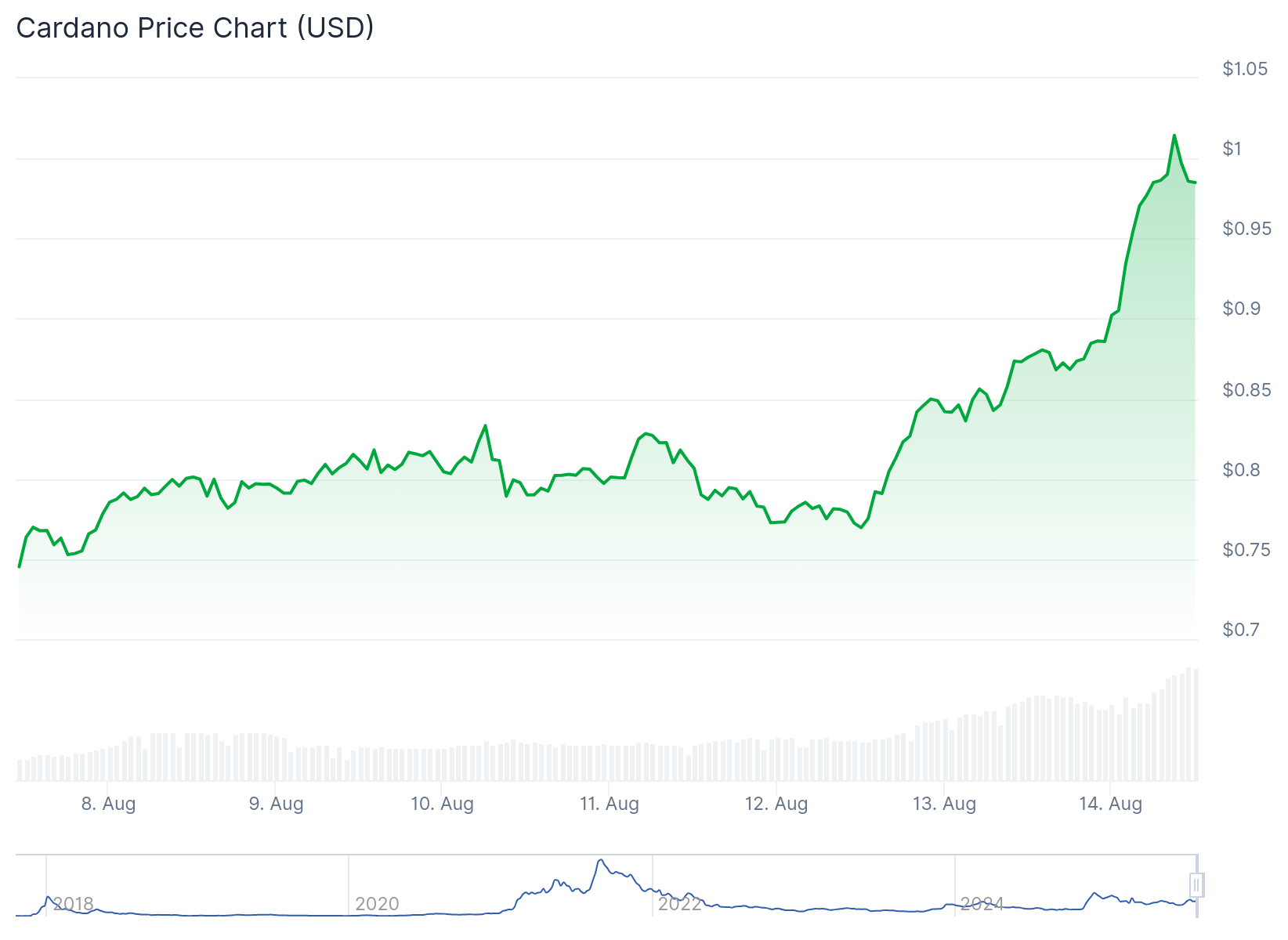13.08.2025 19:03
Sergei Potapenko and Ivan Turõgin, founders of the cryptocurrency mining company HashFlare, have avoided further imprisonment after pleading guilty to orchestrating a massive $577 million Ponzi scheme. Following sixteen months of pre-trial detention, a Seattle Federal Court judge sentenced them to time served, concluding their legal ordeal.
The sentencing, handed down by Judge Robert Lasnik on Tuesday, included additional penalties. Each founder received a $25,000 fine and a 360-hour community service obligation, to be fulfilled under supervision in their home country of Estonia. This lenient sentence, however, is not without controversy.
The Department of Justice is currently evaluating whether to appeal the ruling. Prosecutors had initially sought a ten-year prison sentence for both Potapenko and Turõgin, a stark contrast to the time-served sentence ultimately imposed. The defendants, conversely, had requested that their pre-trial detention be considered sufficient punishment. Their arrest occurred in Estonia in November 2022, leading to extradition to the United States in May 2024, where they formally admitted their guilt to conspiracy to commit wire fraud.
This case stands as the largest fraud case ever prosecuted by the Seattle court. Prosecutors emphasized the scale of the scheme in their arguments for a harsher penalty, highlighting the considerable number of victims. However, Judge Lasnik seemed persuaded by the defense’s assertion that the approximately 440,000 defrauded customers did not sustain significant financial losses, given the forfeiture of over $400 million in assets as part of a February plea bargain. Furthermore, the defense pointed to the fact that 390,000 customers, who initially invested $487 million, subsequently withdrew a total of $2.3 billion.
Prosecutors characterized HashFlare as a classic Ponzi scheme, operating from 2015 to 2019. They alleged that the company generated over $577 million in sales through deceptive practices, including the use of fabricated dashboards to misrepresent mining capacity and investor returns. This deliberate manipulation of data was central to the prosecution's case against the HashFlare founders.











